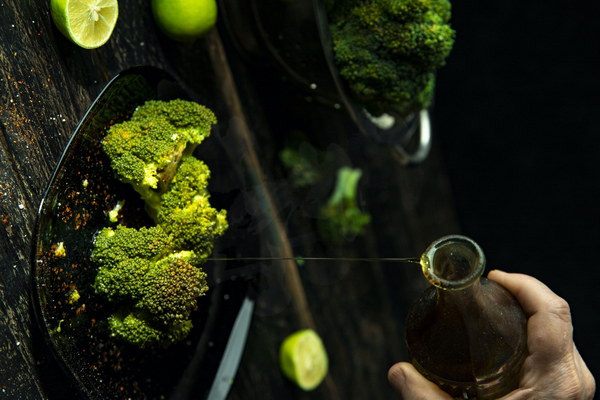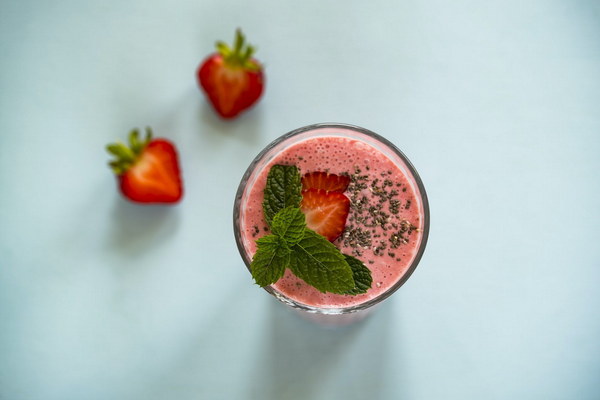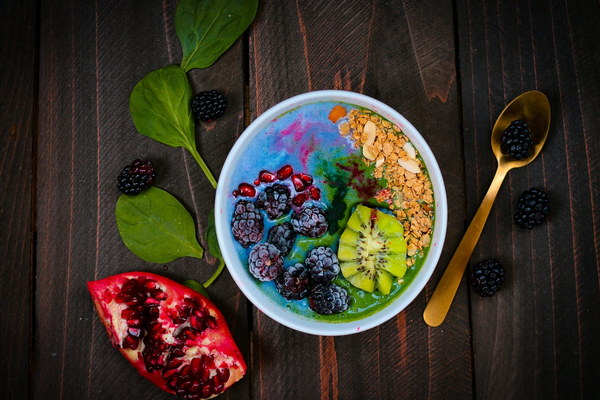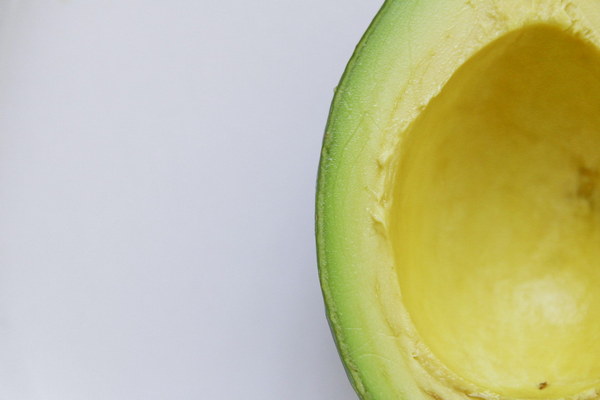Nourishing Your Lungs Through Diet A Comprehensive Guide
Introduction:
The lungs are vital organs responsible for oxygenating the blood and removing carbon dioxide. Keeping them healthy is crucial for overall well-being. While exercise and proper breathing techniques are important, a balanced diet plays a significant role in lung health. In this article, we will explore how to nourish your lungs through diet, highlighting the best foods and nutrients to incorporate into your daily meals.
1. Vitamin C:
Vitamin C is a powerful antioxidant that helps protect the lungs from oxidative stress and inflammation. Citrus fruits like oranges, lemons, and grapefruits are rich in this vitamin. Other sources include strawberries, bell peppers, kiwi, and kale. Aim for a variety of these fruits and vegetables to ensure an adequate intake of vitamin C.
2. Vitamin E:
Similar to vitamin C, vitamin E is an essential antioxidant that safeguards the lungs from free radicals. Nuts, seeds, and vegetable oils are excellent sources of vitamin E. Almonds, sunflower seeds, and spinach are some of the best food choices to include in your diet.

3. Selenium:
Selenium is a mineral that supports lung function and reduces the risk of lung diseases. Brazil nuts are the best dietary source of selenium, with just one nut providing more than your daily requirement. Other sources include fish, chicken, beef, and whole grains.
4. Omega-3 Fatty Acids:
Omega-3 fatty acids have anti-inflammatory properties that can help reduce lung inflammation and improve lung function. Foods rich in omega-3s include fatty fish like salmon, mackerel, and sardines. Other sources include flaxseeds, chia seeds, and walnuts.
5. Beta-Carotene:
Beta-carotene is a precursor to vitamin A, which is essential for maintaining healthy lung tissue. Orange and yellow vegetables, such as carrots, sweet potatoes, and butternut squash, are excellent sources of beta-carotene. Incorporating these into your diet can help keep your lungs healthy.
6. Quercetin:
Quercetin is a flavonoid found in fruits, vegetables, and grains that has anti-inflammatory and antioxidant properties. Onions, apples, berries, and tea are some of the foods that contain high levels of quercetin. Consuming these foods can help reduce lung inflammation and support overall lung health.
7. Green Tea:
Green tea is rich in antioxidants and has been shown to improve lung function. Drinking green tea daily can help protect the lungs from oxidative stress and inflammation. Aim for 2-3 cups of green tea per day to reap the benefits.
8. Avoiding Harmful Foods:
In addition to incorporating lung-healthy foods into your diet, it is essential to avoid harmful substances that can damage the lungs. This includes reducing the intake of processed foods, fried foods, and foods high in saturated fats. Additionally, limiting alcohol consumption, avoiding smoking, and minimizing exposure to air pollutants are crucial for maintaining lung health.
Conclusion:
Nourishing your lungs through diet is a simple yet effective way to support overall lung health. By incorporating a variety of lung-healthy foods into your daily meals, you can reduce the risk of lung diseases and improve lung function. Remember to focus on a balanced diet rich in fruits, vegetables, nuts, seeds, and whole grains. Additionally, avoiding harmful foods and substances is essential for maintaining healthy lungs. Take control of your lung health and enjoy the benefits of a well-nourished diet.









